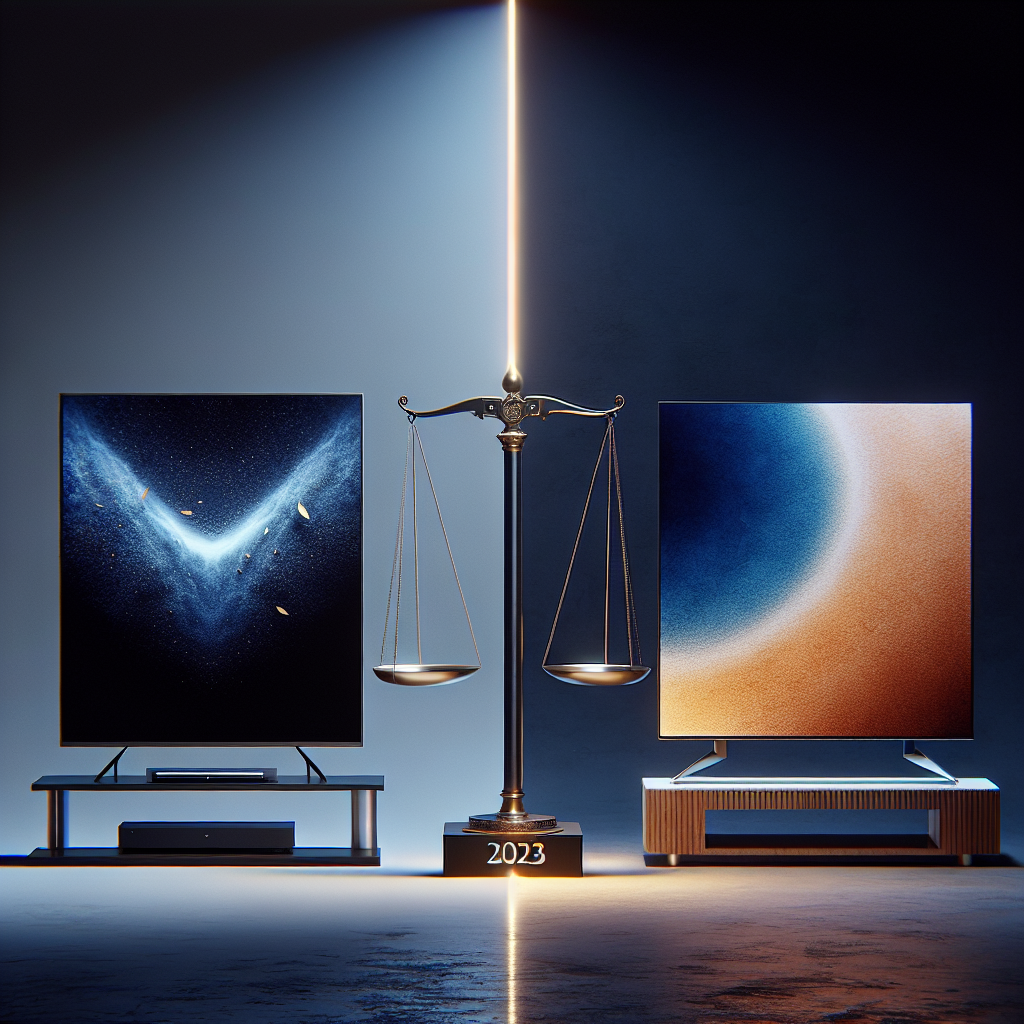Introduction
When it comes to purchasing a new TV, two brands often come up in the conversation: LG and Samsung. Both are industry leaders, offering some of the most advanced and feature-rich televisions on the market. But which one is right for you? This article breaks down the key differences between LG and Samsung TVs to help you make an informed decision.
Display Technology
LG: OLED
LG is widely known for its OLED technology. OLED, which stands for Organic Light Emitting Diodes, provides some of the best picture quality available. The technology allows for perfect blacks and incredible color accuracy. LG’s OLED TVs are highly regarded for their performance in dark scenes, which makes them ideal for movie enthusiasts.
Samsung: QLED
Samsung, on the other hand, champions QLED technology, which stands for Quantum Dot LED. QLED TVs are known for their brightness and vibrant colors. This type of display is particularly suitable for well-lit rooms and offers impressive performance when watching sports or playing video games. Samsung’s QLEDs also tend to be more durable over time compared to OLED.
Smart TV Features
LG: webOS
LG TVs come with webOS, a user-friendly operating system that offers a seamless experience. This smart platform is known for its simple layout, intuitive navigation, and a wide range of apps. The inclusion of features like voice control and smart home integration through ThinQ AI further enhances the user experience.
Samsung: Tizen
Samsung’s smart TVs run on the Tizen operating system, which is equally robust and offers a smooth, fast interface. Tizen supports a wide range of streaming services and apps, and it often receives high marks for its speed and ease of use. The integration with Samsung’s SmartThings platform allows for easy control of compatible smart home devices.
Sound Quality
Both brands have invested significantly in improving the audio quality of their TVs. Samsung often includes their proprietary Object Tracking Sound (OTS) technology, which provides 3D audio that flows from all directions. LG, on the other hand, often partners with high-end audio brands like Meridian to enhance the sound quality of their TVs.
Price Range
When it comes to pricing, both LG and Samsung offer a range of models to fit different budgets. However, LG’s OLED models are generally more expensive than Samsung’s QLED models. On the other hand, if you are opting for high-end models, the prices are comparable.
Conclusion
Choosing between LG and Samsung TVs boils down to your personal preferences and specific needs. If you prioritize perfect blacks and superior color accuracy, LG’s OLED TVs are unbeatable. However, if you prefer brighter displays and are more concerned with long-term durability, Samsung’s QLED models are a better option. Both brands offer excellent smart features, sound quality, and a range of price points, so you can’t go wrong with either.

